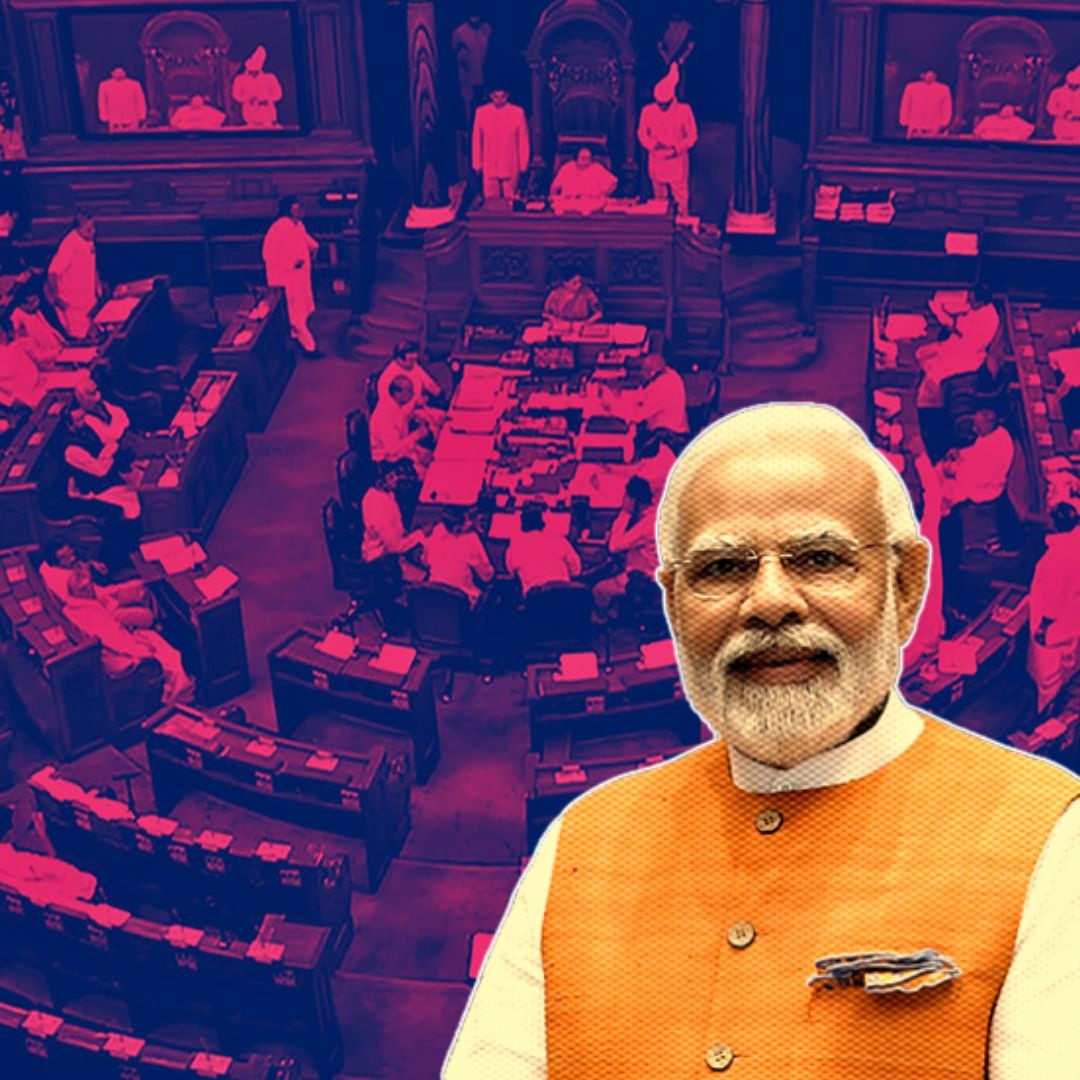The Narendra Modi-led union government has announced a significant 24% salary hike for Members of Parliament (MPs), effective from April 1, 2023. The monthly salary will increase from ₹1,00,000 to ₹1,24,000, while daily allowances will rise from ₹2,000 to ₹2,500.
Additionally, pensions for former MPs will be revised from ₹25,000 to ₹31,000 per month, with an increment of ₹2,500 for every year of service beyond five years. This decision comes during the ongoing budget session and aims to address the impact of inflation on MPs’ remuneration.
Details of the Salary Hike
The Ministry of Parliamentary Affairs has confirmed the salary revisions through an official notification under the Salary, Allowances and Pension of Members of Parliament Act, 1954. The new salary structure includes a total monthly remuneration of ₹2,54,000 when factoring in constituency and office allowances. This adjustment is linked to the Cost Inflation Index specified in the Income Tax Act of 1961, ensuring that MPs’ salaries reflect current economic conditions.
In addition to the salary hike, MPs will continue to enjoy various perks such as free domestic flights, unlimited first-class train travel, rent-free accommodation in New Delhi, and substantial allowances for electricity and water. These benefits are designed to facilitate their work while serving their constituents effectively.
Context and Background
This marks the first revision in MPs’ salaries since April 2018 when their base pay was set at ₹1 lakh per month. The recent hike follows similar salary adjustments approved by the Karnataka government for its Chief Minister and MLAs earlier this month. These decisions have reignited discussions about fiscal responsibility and public spending priorities in light of rising expenditures.
Officials have defended the increase by citing inflationary pressures that affect not only MPs but also the general populace. However, critics argue that such increases should be scrutinised more closely given the ongoing economic challenges faced by ordinary citizens.
Reactions from Stakeholders
Responses to the salary hike have been mixed among various stakeholders. Some MPs have welcomed the increase as necessary to maintain an adequate standard of living amidst rising costs. They argue that a fair remuneration is essential for attracting capable individuals into public service and enabling them to serve their constituencies effectively.
On the other hand, critics—including opposition leaders and civil society organisations—have expressed concern over the timing of this announcement amidst economic hardships faced by many citizens. They argue that such increases should be more closely tied to public welfare initiatives and that transparency is crucial in how these decisions are made. Many citizens have taken to social media platforms to voice their opinions, with some calling for a more equitable approach to public spending.
The Logical Indian’s Perspective
While recognising the importance of fair compensation for MPs to ensure effective governance and representation, The Logical Indian emphasises the need for transparency and accountability in public spending decisions. As citizens grapple with rising costs of living and economic uncertainty, it is essential that such decisions consider broader societal impacts.
We believe that any increase in public servant salaries should be accompanied by a commitment to improving public services and addressing pressing social issues. How can governments ensure fiscal prudence while addressing inflationary concerns?
We invite our readers to share their thoughts on this matter and engage in constructive dialogue about public spending priorities and equitable governance practices. Your insights can help shape a more informed discussion on how we can collectively navigate these challenges as a society.











